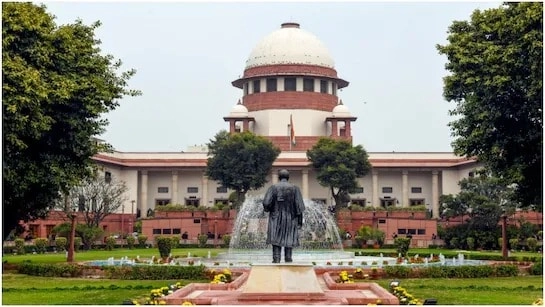A fresh plea has been submitted to the Supreme Court, raising significant challenges against the validity of the Waqf Bill. This development comes amidst ongoing debates surrounding the implications of the legislation, which aims to reform the management and administration of Waqf properties across the country. Proponents of the bill argue that it is essential for ensuring transparency and accountability in the handling of these properties, which are often integral to community welfare and religious activities. However, critics contend that the bill may infringe upon the rights of Waqf boards and the communities they serve.
The petitioners in this case assert that the Waqf Bill undermines the autonomy of state waqf boards, which are responsible for the oversight and management of Waqf properties. They argue that the provisions within the bill grant excessive powers to the central government, potentially leading to bureaucratic overreach and diminishing local governance. This concern is particularly poignant given the historical significance of Waqf properties in various regions, where they serve not just as religious sites but also as centers for education, healthcare, and social services.
As the Supreme Court prepares to hear this plea, the outcome could have far-reaching consequences for the administration of Waqf properties. If the court finds in favor of the petitioners, it may prompt a reevaluation of the Waqf Bill and its provisions, leading to significant amendments or even a complete overhaul of the legislation. On the other hand, if the court upholds the bill’s validity, it could pave the way for more centralized control over Waqf properties, potentially altering the landscape of community management and oversight. The stakes are high, as the decision will not only impact the legal framework governing Waqf properties but also the lives of countless individuals who rely on these resources for their spiritual and communal needs.
In light of these developments, the legal and religious communities are closely monitoring the proceedings, with many voicing their opinions on the implications of the bill. As discussions unfold, it becomes clear that the intersection of law, religion, and community welfare is at the heart of this legal challenge, making it a pivotal moment for the future of Waqf management in India. The Supreme Court’s ruling will serve as a crucial precedent, influencing how similar cases may be approached in the future and shaping the relationship between government authority and religious institutions.




